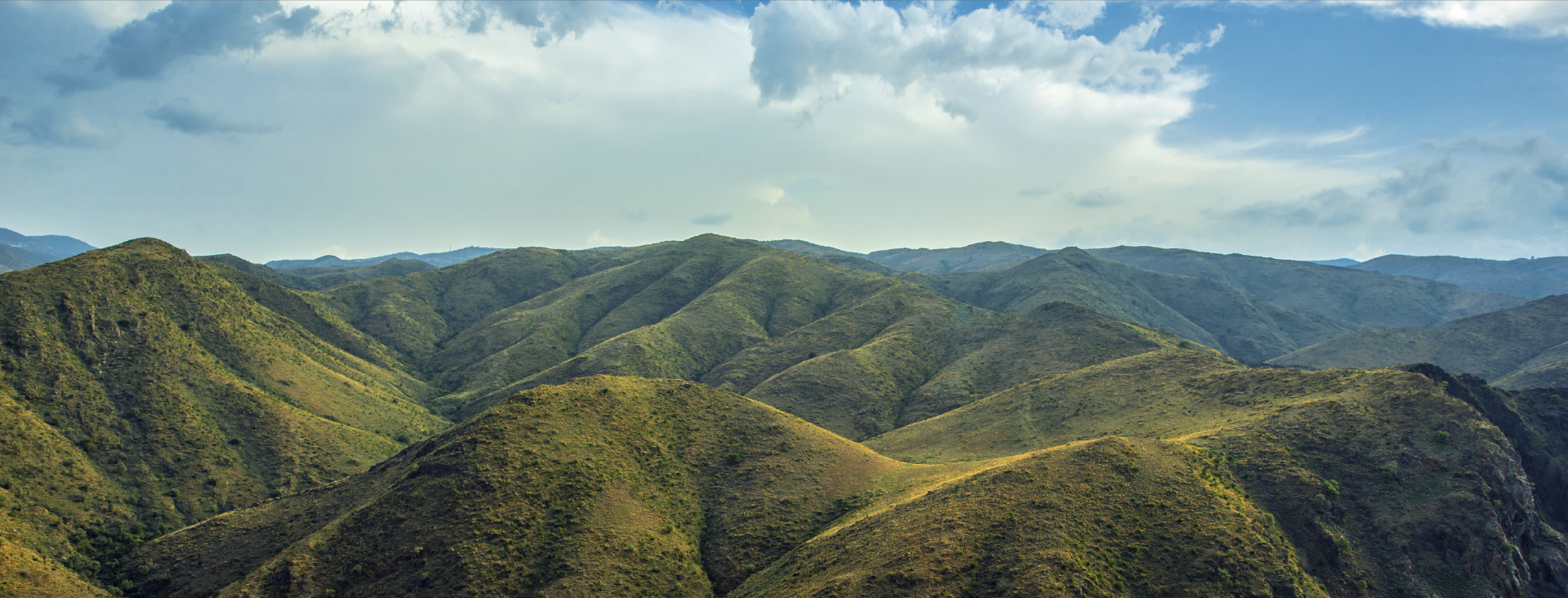Sustainability has been at the heart of Vision 2030 since its inception. Saudi Arabia is now ushering in a new era as the Kingdom aims to reach Net Zero by 2060. This announcement is in line with wider Vision 2030 ambitions to accelerate the energy transition, achieve sustainability goals, and drive a new wave of investment.
The Kingdom of Saudi Arabia has long played a central role in the international energy market, helping drive global economic growth and development.
Vision 2030 is a sustainable vision for the future of Saudi Arabia with sustainability at the heart of everything the Kingdom does, from policy development and investment to planning and infrastructure. By creatively and responsibly addressing the energy and climate challenges of today, Vision 2030 inspires others around the world to share in building a sustainable tomorrow.
*Launch of Vision 2030 projects and nature reserves, with sustainability as a key pillar.
**The National Center for Meteorology, the National Center for Vegetation Cover and Combating Desertification, the National Center for Environmental Compliance, and the National Center for Wildlife.

Vision 2030 drives collective commitment to creatively and responsibly meet current and future energy and climate challenges. G20 leaders endorsed the Circular Carbon Economy (CCE) framework during the Saudi G20 Presidency. A closed-loop system, CCE is based on reducing, reusing, recycling, and removing carbon that addresses climate change while advancing sustainable development and promoting economic diversification. By reducing emissions and expanding the use of carbon capture, utilization and storage, the international community will be able to pursue sustainable growth and reconcile the sustainability needs of both energy and climate.
With Saudi Arabia’s impressive natural potential for solar and wind power and through strategic investments in sustainable technologies, signature projects have been launched to diversify energy resources and optimize the Kingdom’s energy mix. By 2030, the contribution of renewable energy to the overall energy mix will reach up to 50%. Renewable energy projects are one of the key drivers towards achieving sustainability that will contribute to avoiding emissions and the displacement of high-value fuel in electricity generation.
Vision 2030 is protecting and enhancing the Kingdom’s natural environment by taking a holistic view of precious ecosystems. It is also fostering sustainable agriculture practices across the Kingdom that will help to provide citizens and residents with safe, high-quality local food, whilst maintaining water balance and supporting the restoration of biodiversity. Sustainable approaches are helping prevent soil erosion and tackle desertification by protecting native flora that is used by wildlife for food and shelter.
Saudi Arabia is home to many special habitats and nature reserves. 15 sanctuaries have already been created to protect critically endangered species and promote biodiversity managed by the National Center for Wildlife. The safeguarding of unique wildlife and habitats under Vision 2030 ensures that future generations enjoy the rich natural diversity of the nation.
The Kingdom’s Red Sea coast is home to some of the most resilient coral reefs on the planet. In partnership with King Abdullah University of Science and Technology (KAUST), The Red Sea Development Company (TRSDC) is laying the foundation for a sustainable tourism destination and leading the way in conserving and maintaining its pristine marine biodiversity. By protecting marine life and expanding key natural habitats through initiatives like marine spatial planning and turtle tagging, the company aims to deliver a 30% net conservation benefit by 2040 and a zero-carbon footprint by sequestering carbon from the atmosphere.
The way people live and where they live in the Kingdom are being transformed under Vision 2030 as cities become more livable through increased green spaces, new experiences, and exposure to nature, leading to an improved quality of life. The Vision is reshaping Saudi Arabia’s cities through sustainable urban greening, which improves air quality and provides opportunities for an active lifestyle, helping to contribute to the goal of increasing the number of individuals exercising at least once a week to 40%.
NEOM’s THE LINE is a never-before-seen approach to urbanization – a 170km-long linear urban development of multiple, hyper-connected communities, with walkable neighborhoods integrated with public parks and the natural landscape. Powered by 100% renewable energy, the principles of environmental responsibility will be enshrined in business regulations to promote sustainable and regenerative development practices. Communities will live in harmony with nature, where open space, parks, gardens, the natural environment and sustainable food production are mixed seamlessly.
The Saudi Green Initiative (SGI) and Middle East Green Initiative (MGI) represent an ambitious roadmap that rallies the region and drives the Kingdom on its path to sustainability. The initiatives will reduce emissions, plant 50 billion trees, and protect the land and sea. For example, SGI will see the rehabilitation of 40 million hectares of degraded land and increase the percentage of protected areas across the Kingdom to more than 30% of the total land area, equivalent to 645,000 km2, making it the size of a large country.

Vision 2030 is a unified Sustainable Vision for the future, one which reconciles economic development and environmental preservation as a single priority. An inspiring sustainable Saudi Vision for the future of the Kingdom, the region, and the world.